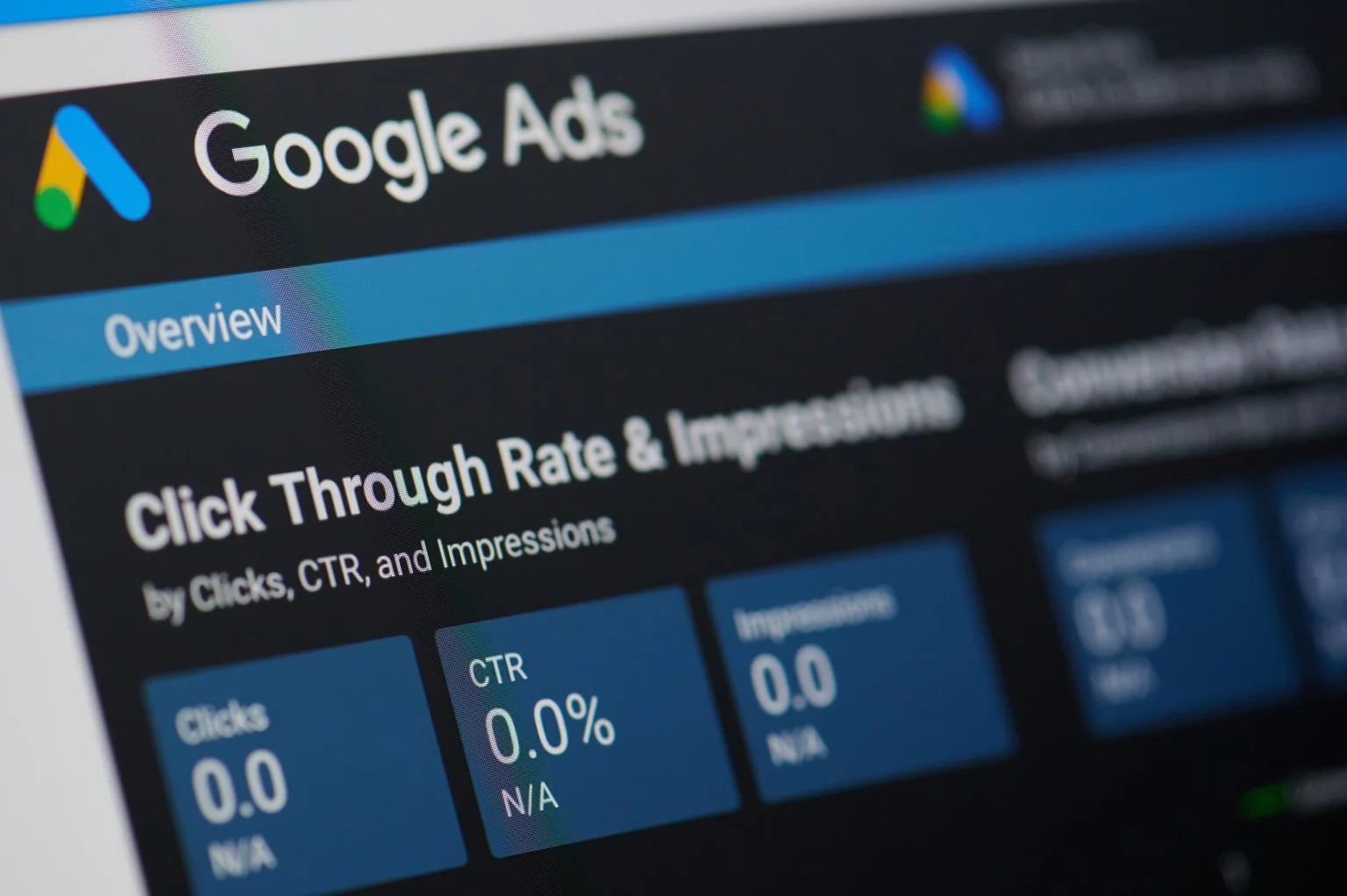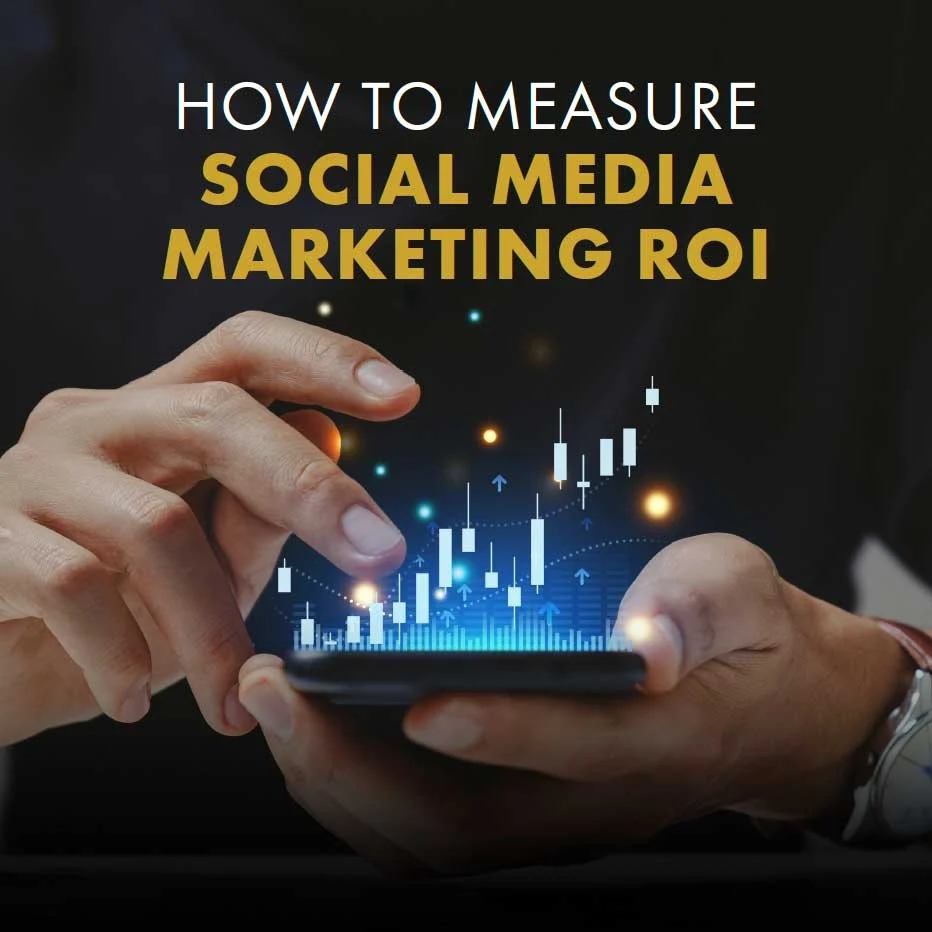As the year comes to a close, it’s time to look back and evaluate how well your marketing efforts have performed. As a business owner, it's easy to get caught up in the day-to-day operations and overlook the importance of auditing your marketing strategies. A marketing audit provides clarity on what worked, what didn’t, and what new opportunities exist for your business in the coming year.
In this blog post, we’ll dive into the ten essential questions you should ask yourself to conduct a thorough marketing audit.
1. Have I Clearly Defined My Target Audience?
The first crucial step in developing a successful marketing strategy is to identify and understand your target audience thoroughly. Who exactly are you trying to reach with your message? What are their specific pain points and challenges that your product or service can address?
By gaining a deep comprehension of the needs, desires, and motivations of your target audience, you can create highly tailored marketing messaging and compelling content that resonates with them on a personal level. This level of understanding will not only enhance the effectiveness of your marketing efforts but also foster stronger connections and relationships with your audience, ultimately leading to increased engagement and brand loyalty.
2. How Effective Was My Website in Converting Visitors Into Customers?
Your website is more than just an online storefront; it's a gateway to your business's success. Understanding its performance is crucial. Evaluate key metrics like visitor count, duration of stay, and conversion rate to determine its effectiveness in attracting and engaging potential customers.
Additionally, identify areas for improvement, such as optimizing page speed, enhancing user experience, and refining the messaging on your landing pages. Taking a comprehensive approach to analyzing and enhancing your website will help drive growth and maximize its impact on your business.
3. What Were My Most Successful Marketing Campaigns?
To effectively evaluate your marketing campaigns from the past year, it's crucial to assess their success. Take a deep dive into the metrics, including engagement rates, conversions, and return on investment (ROI), to gain insights into their performance.
By carefully analyzing these key indicators, you can identify which strategies have been most fruitful and make informed decisions on which efforts to prioritize in the upcoming year. This comprehensive review will provide valuable guidance for optimizing your marketing approach and achieving even greater results.
4. Did I Take Advantage Of All Available Channels to Reach My Audience?
There are a wide array of marketing channels available, each offering unique opportunities to promote your business. It is crucial to carefully select and utilize the channels that are most effective for your specific goals and target audience. Consider leveraging the power of social media platforms to engage with your customers, implementing email marketing campaigns to nurture leads, and exploring the potential of PPC advertising to drive targeted traffic to your website.
To determine the effectiveness of each channel, evaluate their performance metrics such as reach, engagement, conversions, and ROI. Identify the channels that have yielded the most success and consider allocating more resources toward them in the coming year. This strategic approach will help you optimize your marketing efforts and achieve greater results in reaching your business objectives.
5. Did My Brand Messaging and Visuals Resonate With My Target Audience?
Your brand is crucial for your success. It plays a vital role in establishing a strong connection with your target audience. Evaluating your marketing messaging and visuals is important to ensure effectiveness. Take a closer look at elements such as your logo, fonts, and colors, and ensure they align seamlessly with your target audience's preferences and resonate deeply with them. By doing so, you can create a lasting impression and foster a strong brand identity that resonates with your audience on a deeper level.
6. What Are My Competitors Doing, and How Can I Differentiate Myself?
Performing a comprehensive competitive analysis is an integral aspect of conducting a thorough marketing audit. By carefully evaluating and analyzing your competitors' strategies, it allows you to gain insights into what is working well for them and how you can strategically differentiate yourself.
By identifying unique selling propositions and areas of differentiation, you can effectively position yourself to stand out amidst a highly competitive and crowded market. This in-depth understanding of your competition will enable you to make informed decisions and develop strategies that will give you a competitive edge.
7. Did I Create Valuable Content for My Audience?
In the realm of digital marketing, content is king. It holds the power to captivate and engage the target audience, making it vital to assess the value of the content you produce. Take a moment to reflect: Did you create compelling blog posts, captivating videos, informative infographics, or any other form of content that truly resonated with your audience?
Dive deep into the analytics and identify the types of content that proved most successful. Armed with this knowledge, you can strategize and envision how to create even more valuable and impactful content in the upcoming year. Remember, the key to sustained success lies in continuously refining and enhancing the content you provide.
8. What Were My Biggest Marketing Failures, and What Can I Learn From Them?
As important as it is to identify and celebrate successes, it's equally important, if not more, to thoroughly evaluate and learn from failures. Take the time to identify your biggest marketing failures and delve into the factors that contributed to them. Analyze what went wrong and why, and use this valuable information to make informed adjustments to your marketing strategy in the coming year. By embracing failures as learning opportunities, you can pave the way for future success and growth.
9. Was My Marketing Budget Allocated Effectively?
Take a moment to evaluate and reflect on how you allocated your marketing budget over the past year. Identify which channels or campaigns received the majority of your budget and assess their level of success.
By determining if your budget was effectively allocated, you can make necessary adjustments to optimize your future marketing efforts and achieve greater results. Remember, the key is to continuously analyze and adapt your budget strategy to ensure maximum effectiveness in reaching your goals.
10. Am I Staying Current with Marketing Trends?
In the ever-evolving world of marketing, staying up-to-date with new trends and changes is crucial for success. Take the time to evaluate whether you are truly staying informed on the latest marketing trends and technologies. Consider if you need to invest in new tools or resources not just to keep up, but to stay ahead of the curve. Being proactive in adapting to the dynamic marketing landscape will position you for continued growth and success in your industry.
Evaluating Performance, Planning for Success
Conducting a marketing audit is a crucial step in ensuring the efficacy of your marketing strategy. By answering these ten questions, you can evaluate what worked, what didn’t, and what changes you need to make in the coming year. Use this information to create a more targeted, effective marketing strategy that will help your business achieve success in the years to come.



.webp)
























































